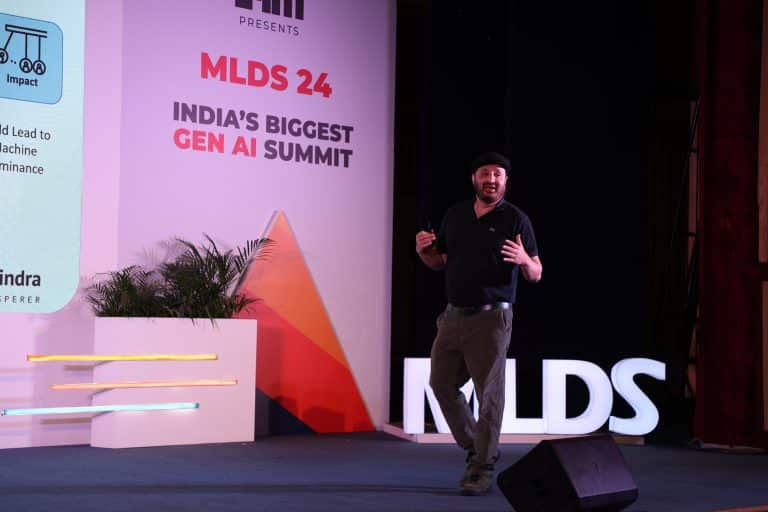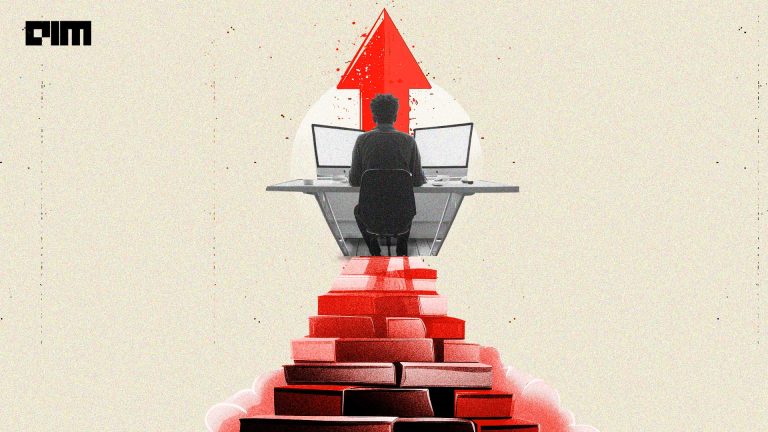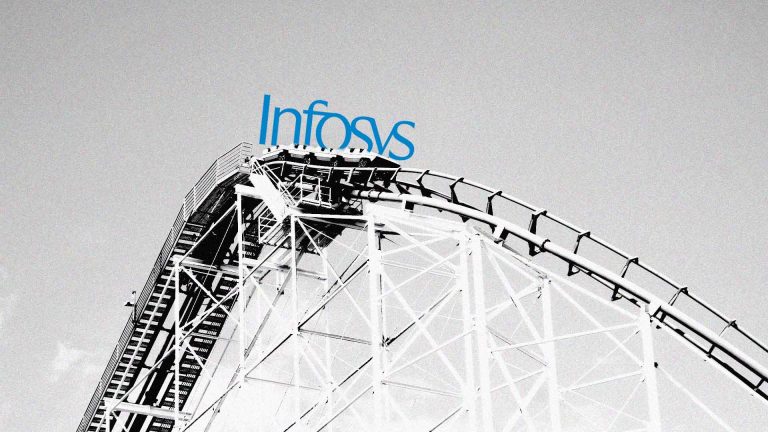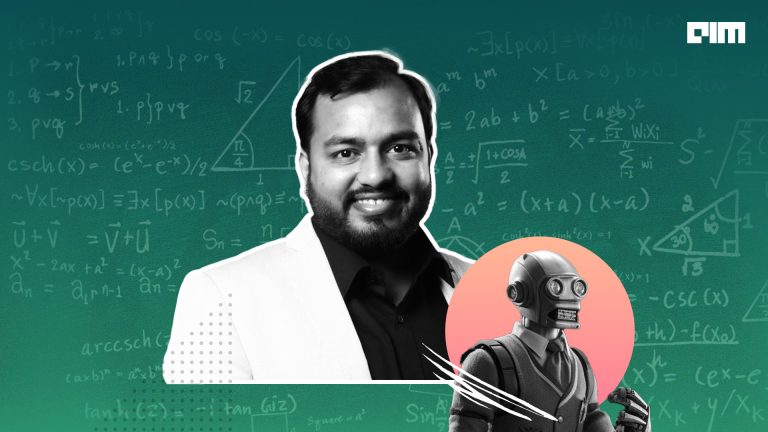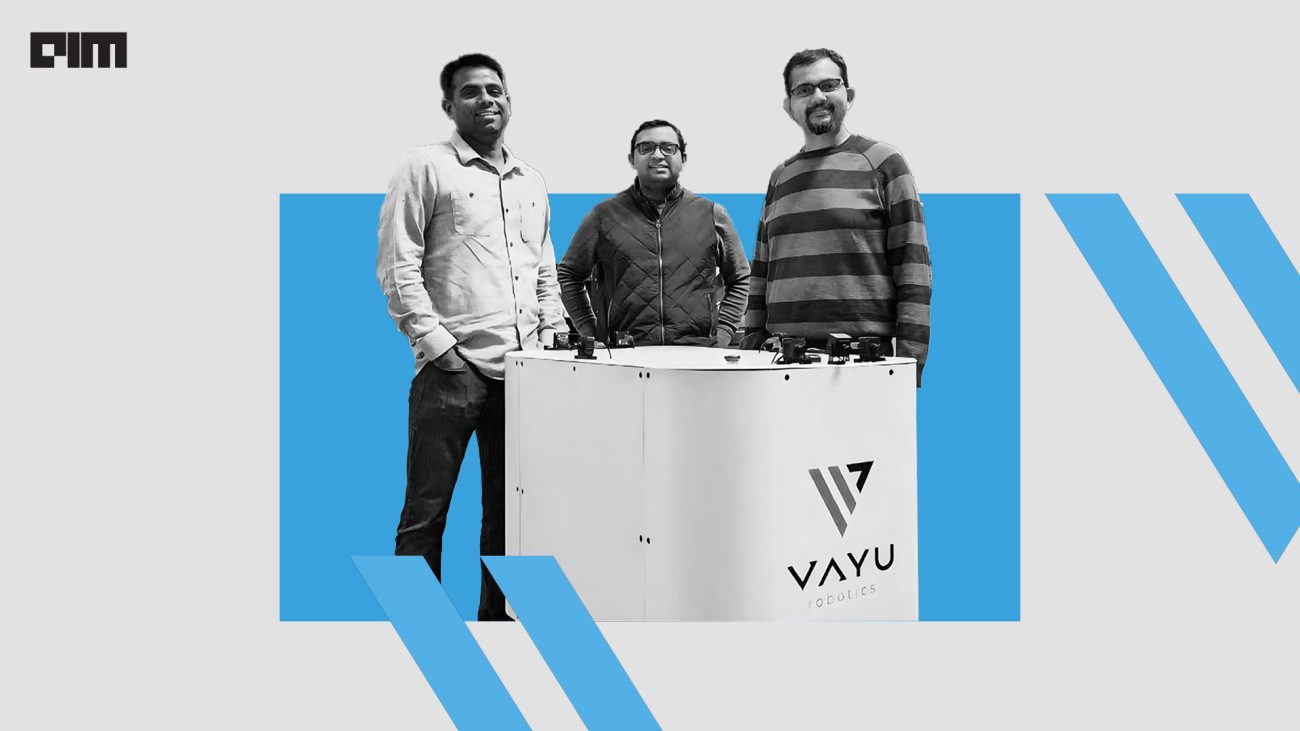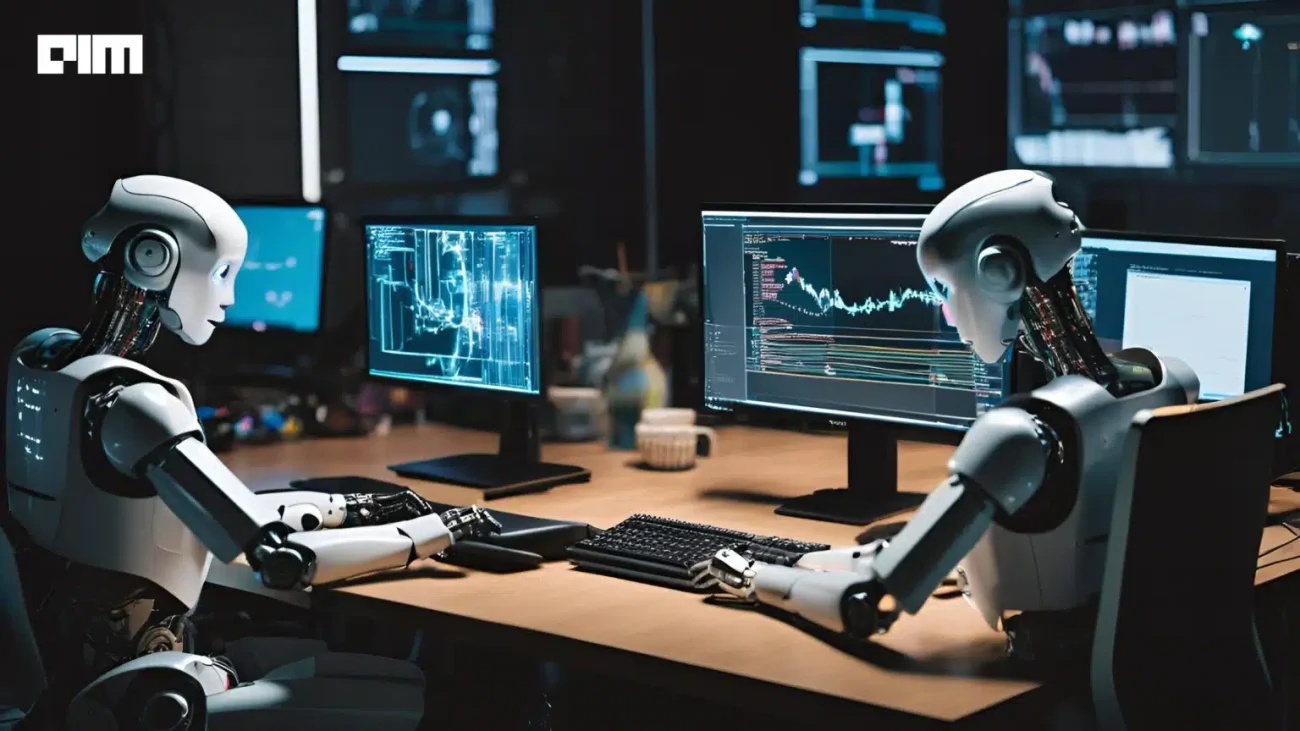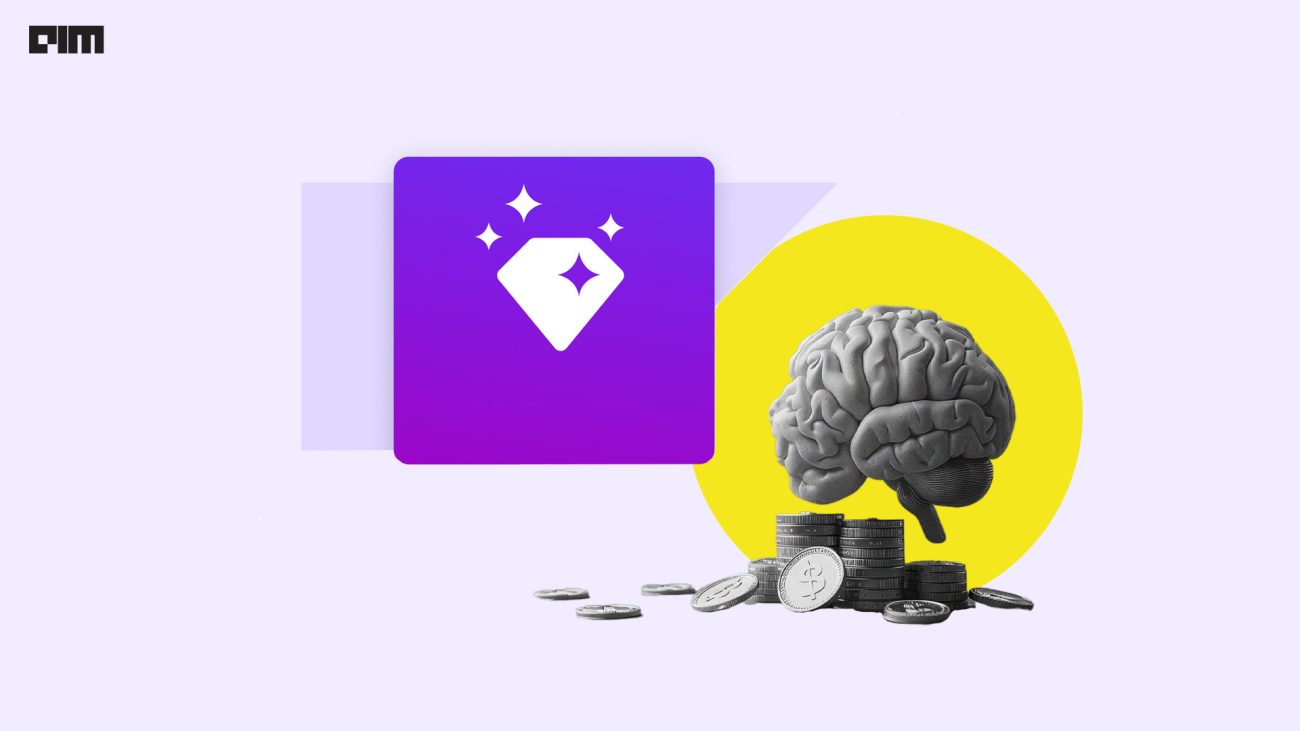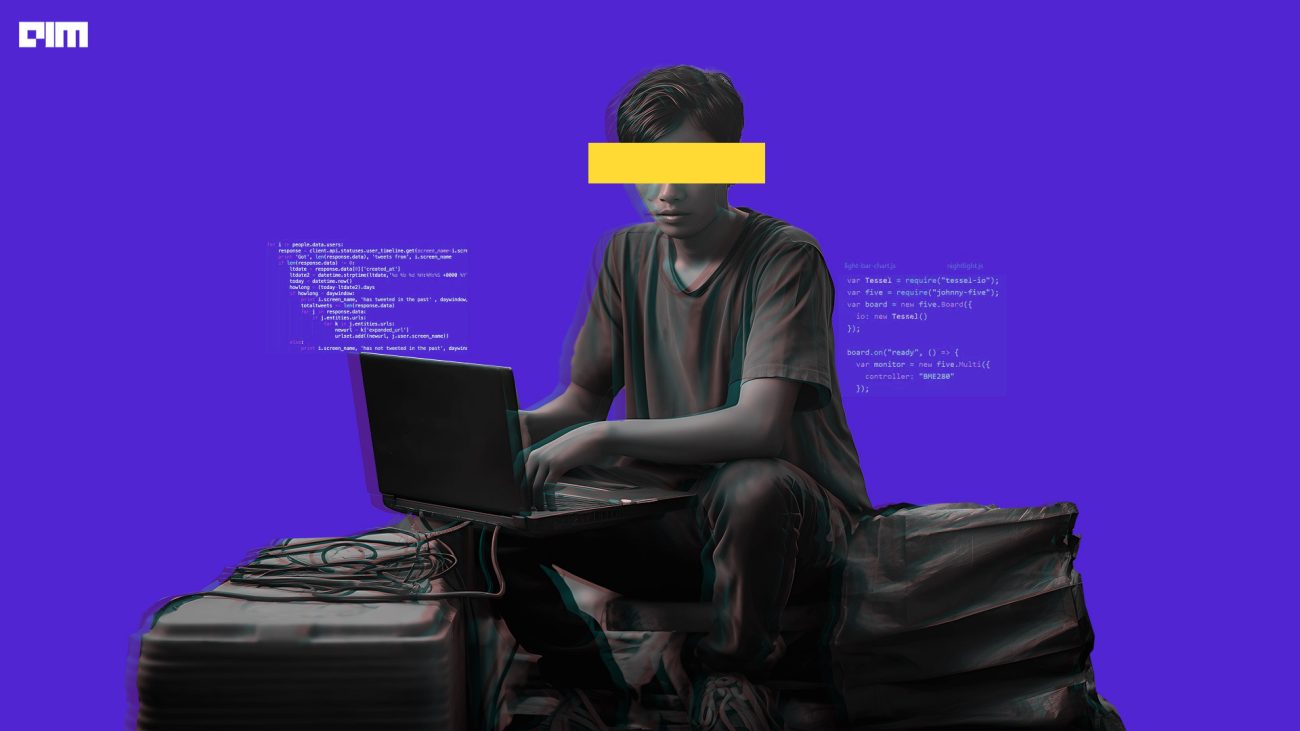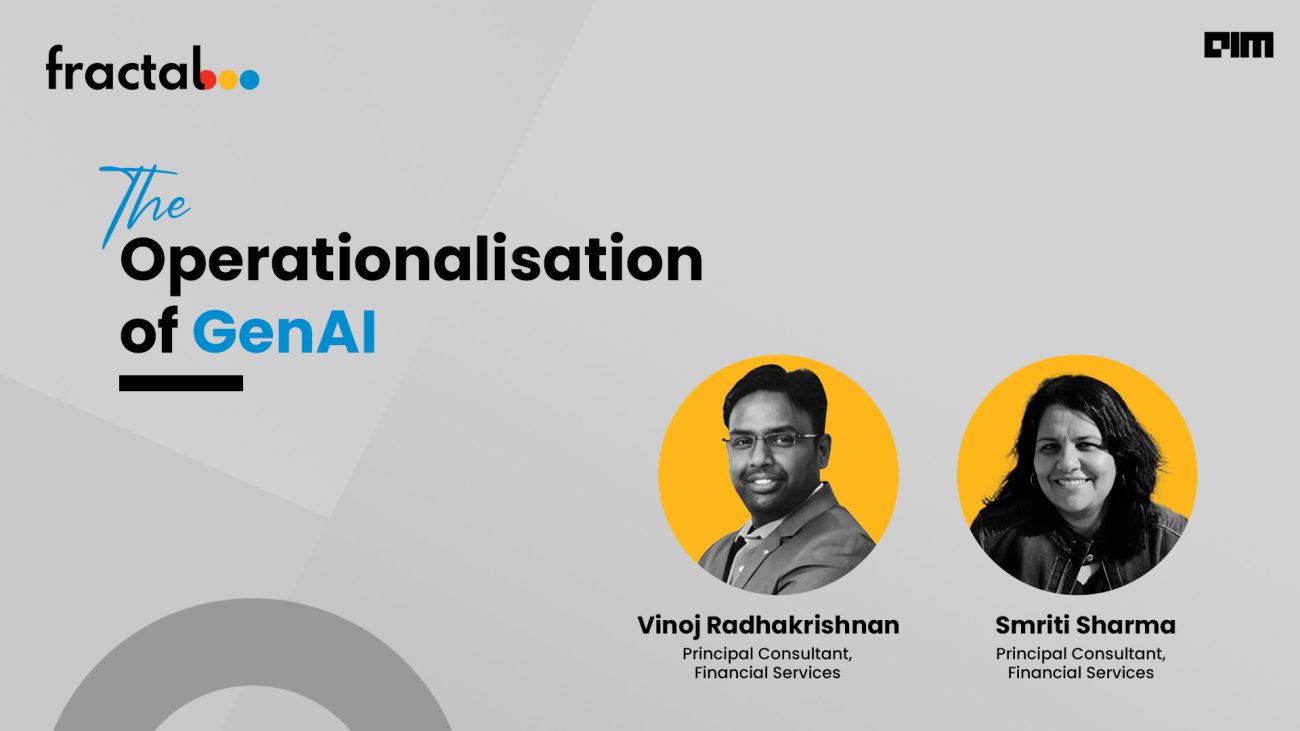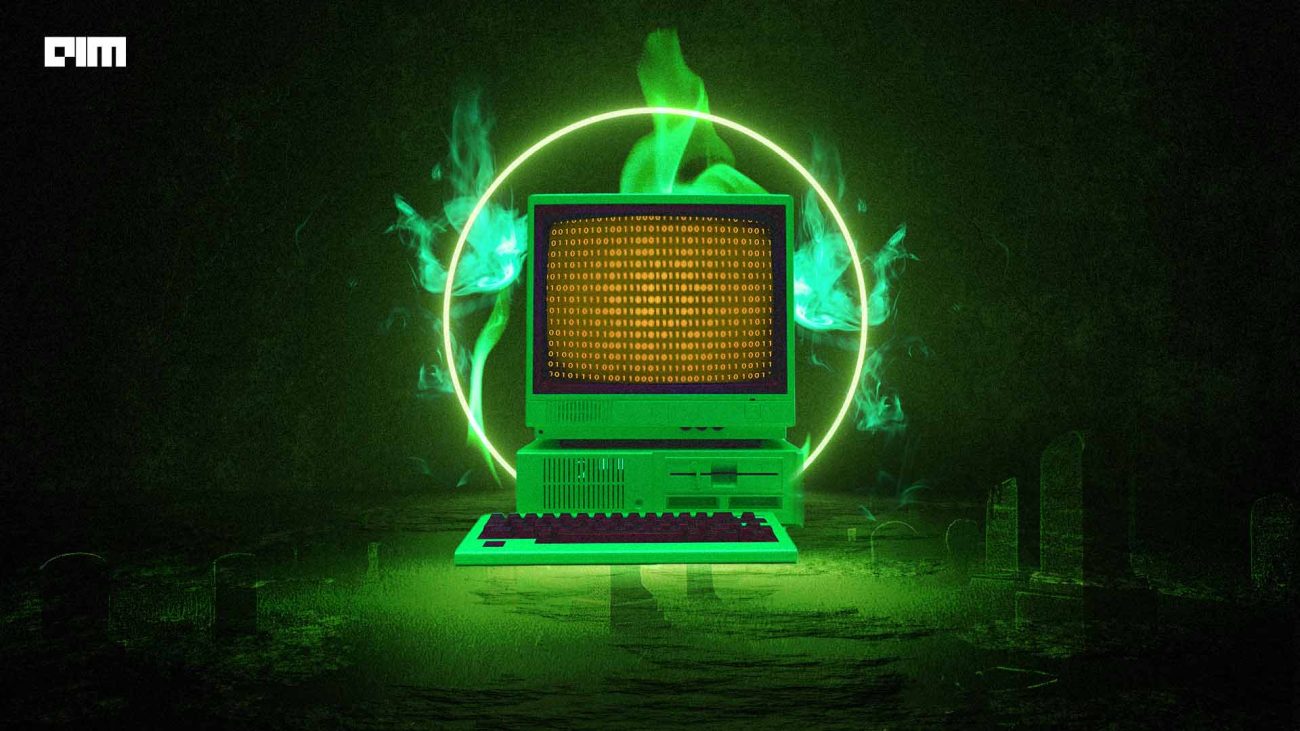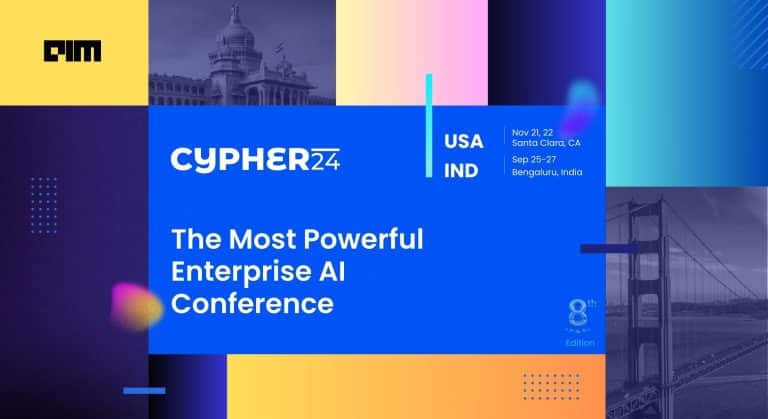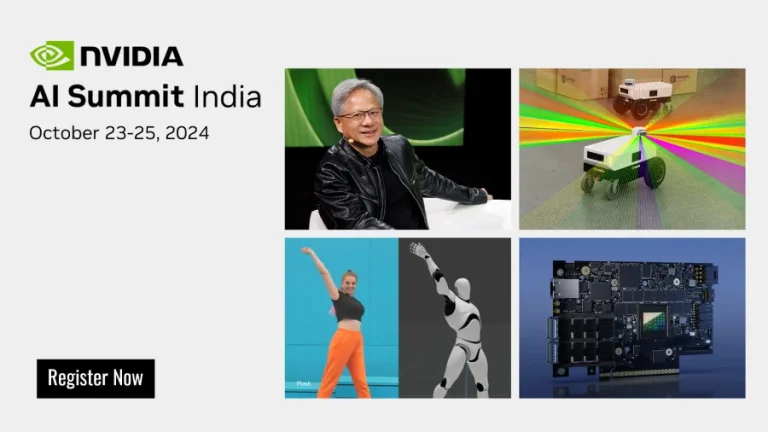|
Listen to this story
|
There are millions of small businesses in the world, and in the future, all of them could have AI agents carry out functions like customer support and sales. Meta CEO Mark Zuckerberg recently said there could be more AI agents in the world than humans.
Venture capitalist Vinod Khosla predicts that most consumer interactions online will involve AI agents handling tasks and filtering out marketers and bots. However, this raises a fundamental question: How do you differentiate between an AI agent and a human? Or worse – what if bad actors start using these agents?
In this context, Ben Colman, the co-founder and CEO of Reality Defender, made a bold statement: “Even someone with a PhD in computer science and computer vision can’t distinguish between what’s real and what’s fake.”
Malicious actors have exploited fake identities to commit fraud, spread disinformation, and pull off countless deceptive schemes. With AI agents, these bad actors will be able to scale their operations with unprecedented efficiency and finesse.
What’s the Solution?
A recent research paper ‘Personhood Credentials’ (PHCs) explores an approach to tackle the growing challenge of distinguishing real people from AI online. These digital credentials allow users to prove they are human without revealing any personal information.
The study is authored by researchers, including Srikanth Nadhamuni, former head of technology, Aadhaar; Steven Adler from OpenAI; Zoë Hitzig from the Harvard Society of Fellows; and Shrey Jain from Microsoft – all of whom have significant expertise in AI and technology.
The paper outlines two types of PHC systems – local and global – highlighting that they don’t need to rely on biometric data.
Imagine a government or another digital service provider issuing a unique credential to each person. To prove their ‘humanity’, users would employ clever cryptographic techniques called zero-knowledge proofs, allowing them to confirm their identity without revealing the specifics.
These credentials would be stored securely on personal devices, offering a layer of online anonymity.
The researchers suggest that PHCs could either replace or work alongside existing verification methods like CAPTCHAs and fingerprint scans, which are increasingly struggling to keep up with AI.
Another possible solution could be a simple declaration – letting people know that they are interacting with an AI. Praveer Kochhar, the co-founder of KOGO Tech Labs, emphasised the importance of transparency. “Immediately as a call starts, there has to be a declaration that you’re talking to an AI agent. Once you declare that, it’s very straightforward,” Kochhar told AIM.
Earlier in April, a user on X, Alex Cohen, shared that Bland AI, a San Francisco-based firm, uses a tool for sales and customer support that can be programmed to make callers believe they are speaking with a real person.
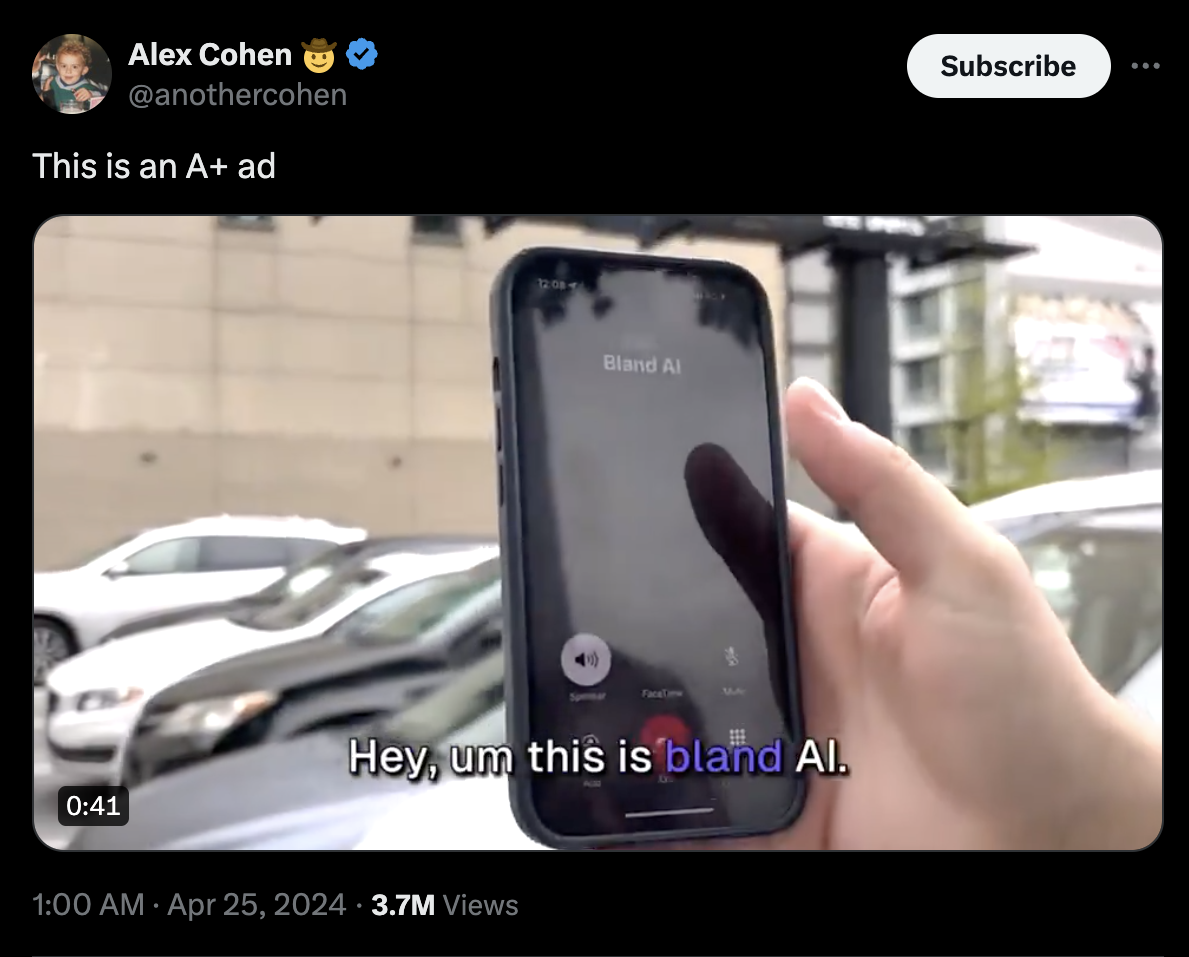
As seen in the post above, had the bot not acknowledged being an “AI agent”, it would have been nearly impossible to differentiate its voice from that of a real woman.
Well, now chatbots are being deployed to fight against phone scammers.
Dali Kaafar, a researcher at Macquarie University, Australia, and his team, have designed AI chatbots Malcolm and Ibrahim, to address the concern.
So, when scammers call, they think they’ve reached a potential victim. But they talk to “Malcolm”, an elderly man with an English accent, or “Ibrahim”, a polite man with an Egyptian accent.
However, the same innovation can again be used to scam innocent people. So, in scenarios like these, mere declarations or a centralised credential system may not help you identify an AI agent.
Are they Good Enough?
A McAfee Corp survey revealed that 69% of Indians think they don’t know or cannot tell the difference between an AI voice and a real voice. Also, there were reports earlier regarding the rise of fraudulent robocalls amid US elections.
So, how apt are these solutions for the rising AI crimes?
Johanne Ulloa, the director of solutions consulting at LexisNexis Risk Solutions, warns, “Chatbots can still be misused to enhance the effectiveness of phishing emails, as there’s nothing to prevent them from generating texts that prompt customers to log in to an online account under the guise of security.”
With the advent of text-to-speech technology, AI’s potential to compromise security grows even more concerning. Earlier this year, OpenAI showed off the voice capabilities of their GPT-40 model, which eerily sounded like Scarlett Johansson.
“These AI systems can take any text and replicate a sampled voice, leading to situations where people have received messages from what appeared to be relatives, only to discover their voices had been spoofed,” Ulloa noted.
Many startups today are building AI agents that can be integrated via telephony, WhatsApp, and mobile applications. As AI agents become more prevalent, there is a need for more discussions in the industry and research for better tools to mitigate the risks of technology misuse.








